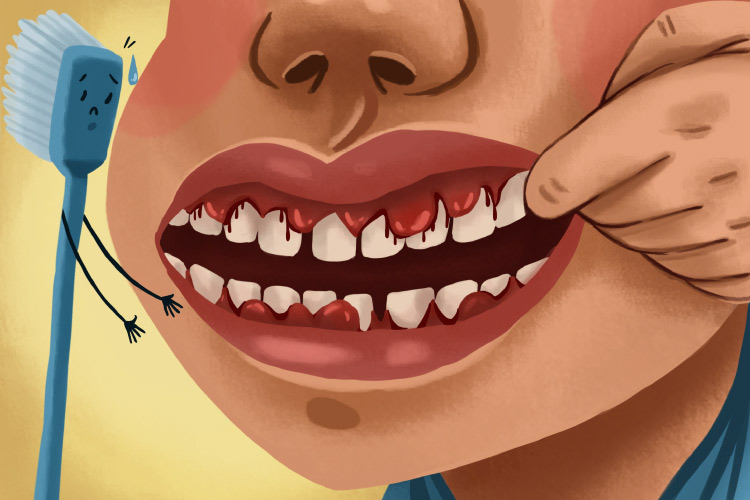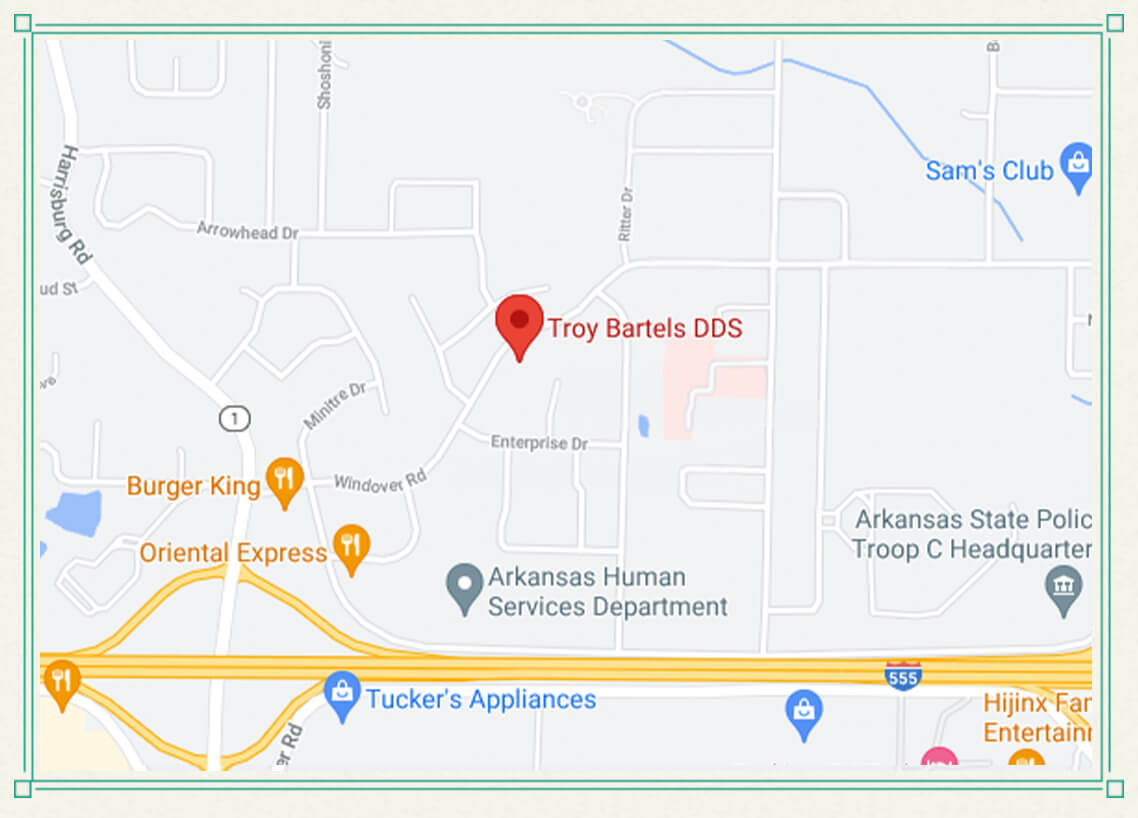
Does flossing makes your gums bleed? Here, we’ll talk about a few reasons why flossing could be causing your gums to bleed.
- Poor Oral Hygiene & Gum Disease
- Aggressive Brushing
- Side Effect of Certain Medications
- Vitamin Deficiencies
Bleeding gums often means that you need to establish a better oral healthcare routine at home. So if it’s been a while since you flossed, your gums will probably bleed the first few times when you start regularly flossing. Although flossing may be a bit painful at first and your gums may continue to bleed for a few days, keep on cleaning between your teeth and after about a week the bleeding should stop. If not, you should come see us as soon as possible!
Poor oral hygiene leads to gum disease, also known as periodontal disease. Early signs of this condition include swelling, tenderness, abnormal redness, and bleeding. If you are not a regular flosser, you may be experiencing plaque buildup that has caused your gums to become irritated, inflamed, and possibly even infected. Plaque is a sticky layer of bacteria that is constantly forming on your teeth and gums. If it is not removed every day with gentle brushing and flossing, plaque will produce toxins that damage your gums. It will also harden into tartar, which further irritates your gum tissue. If left untreated, gum disease causes bad breath, pain, tooth loss, and jawbone loss.
We recommend gently brushing your teeth twice a day for two minutes each time using a soft-bristled toothbrush to promote healthy, strong gums. Brushing your teeth too aggressively will irritate your gums and make them more susceptible to bleeding during your oral hygiene routine.
Certain medications (such as blood thinners, some high blood pressure calcium channel blockers, seizure medicines, and cyclosporine) can cause overgrowth, inflammation, and bleeding of the gums. However, do not stop taking your prescribed medication. Instead, discuss possible alternatives with your doctor.
If you don’t obtain adequate quantities of certain vitamins, like A, C, K, and B6, your gums are more likely to bleed. Consume a balanced diet that contains a variety of nutrient-rich fruits, vegetables, whole grains, dairy products, lean protein, nuts, seeds, and fish (adjusting for allergies, of course).
Consult with Our Expert Team!
If your gums bleed when you floss, contact our dental office in Jonesboro, AR to schedule an appointment with Dr. Bartels.

